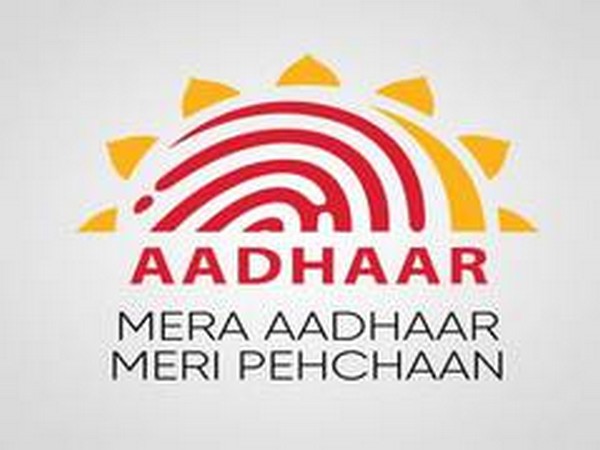UIDAI Launches Open Access to Anonymized Aadhaar Data to Boost Transparency and Innovation
This open data initiative, spearheaded by UIDAI’s Chief Data Officer and Deputy Director General, is a step toward democratizing access to key Aadhaar statistics.

- Country:
- India
In a landmark move to promote transparency and evidence-based governance, the Unique Identification Authority of India (UIDAI) has begun publicly sharing anonymized and non-personal datasets from its Aadhaar Dashboard. These datasets are now available on the Government of India's Open Government Data (OGD) platform, data.gov.in, a central repository that facilitates the free use of government-collected data by researchers, policy-makers, innovators, and the general public.
What the Initiative Entails
This open data initiative, spearheaded by UIDAI’s Chief Data Officer and Deputy Director General, is a step toward democratizing access to key Aadhaar statistics. The released datasets offer granular, yet anonymized and aggregated insights into Aadhaar operations. These include data related to:
-
Aadhaar enrolment: Trends in the registration of residents by geography and age group.
-
Aadhaar updates: Information on the frequency and type of demographic or biometric data updates.
-
Authentication patterns: Insights into the usage of Aadhaar for authentication purposes across services and regions.
The data is structured and categorized across parameters such as region, time frame, age groups, and more—while strictly adhering to privacy norms by ensuring that no personally identifiable information (PII) is disclosed.
Supporting Research, Innovation, and Policy Development
By releasing these datasets into the public domain, UIDAI seeks to empower a wide range of stakeholders:
-
Academic researchers can leverage the data to conduct socio-economic studies, demographic analyses, and assess digital access trends.
-
Startups and tech companies can use it to design inclusive, Aadhaar-integrated digital products or services.
-
Policy-makers and government bodies can apply these insights to craft more effective, data-driven policies for areas such as welfare delivery, financial inclusion, and public service access.
This is particularly beneficial for projects requiring a macro-level understanding of digital identity penetration and authentication behavior across the Indian population.
Reinforcing India’s Open Data and Digital Governance Agenda
The move aligns closely with the Indian government’s broader agenda of encouraging transparency, accountability, and innovation through open data. It reflects UIDAI’s continued efforts to:
-
Strengthen digital governance by making operational data more visible and useful.
-
Encourage digital inclusion by identifying underserved areas or population groups.
-
Maximize public utility of data without compromising individual privacy or data security.
The datasets are expected to support key national initiatives such as Digital India, Jan Dhan-Aadhaar-Mobile (JAM) trinity, and Direct Benefit Transfer (DBT) programs by providing actionable insights.
Privacy and Ethical Safeguards
While promoting openness, UIDAI emphasizes its unwavering commitment to data protection and ethical governance. All released data sets are:
-
Anonymized and aggregated, eliminating any risk of identifying individuals.
-
Subject to review for privacy compliance before publication.
-
Designed for public consumption in formats that ensure easy accessibility and understanding.
These safeguards are critical in ensuring that open data does not come at the cost of citizen privacy.
A Future-Oriented Step
This initiative is likely to have far-reaching implications. It will not only promote informed public discourse and empower civil society but also serve as a model for other departments and authorities seeking to build public trust through open governance.
As India continues its journey toward becoming a digitally empowered society and knowledge economy, such steps underline the importance of responsible and strategic data use.
ALSO READ
Revolutionizing Gastroenterology: IKS Health Partners with GI Alliance for AI-Driven Innovation
motorola edge 60 pro: Redefining Smartphone Experience with AI Innovation
Shailesh Paul Takes Helm as CEO of Wibmo, Spearheading PayU's PayTech Innovation
Government Doubles Credit Guarantee for Startups to Boost Innovation
Spotlight on Sports: Leadership, Innovation, and Legacy










